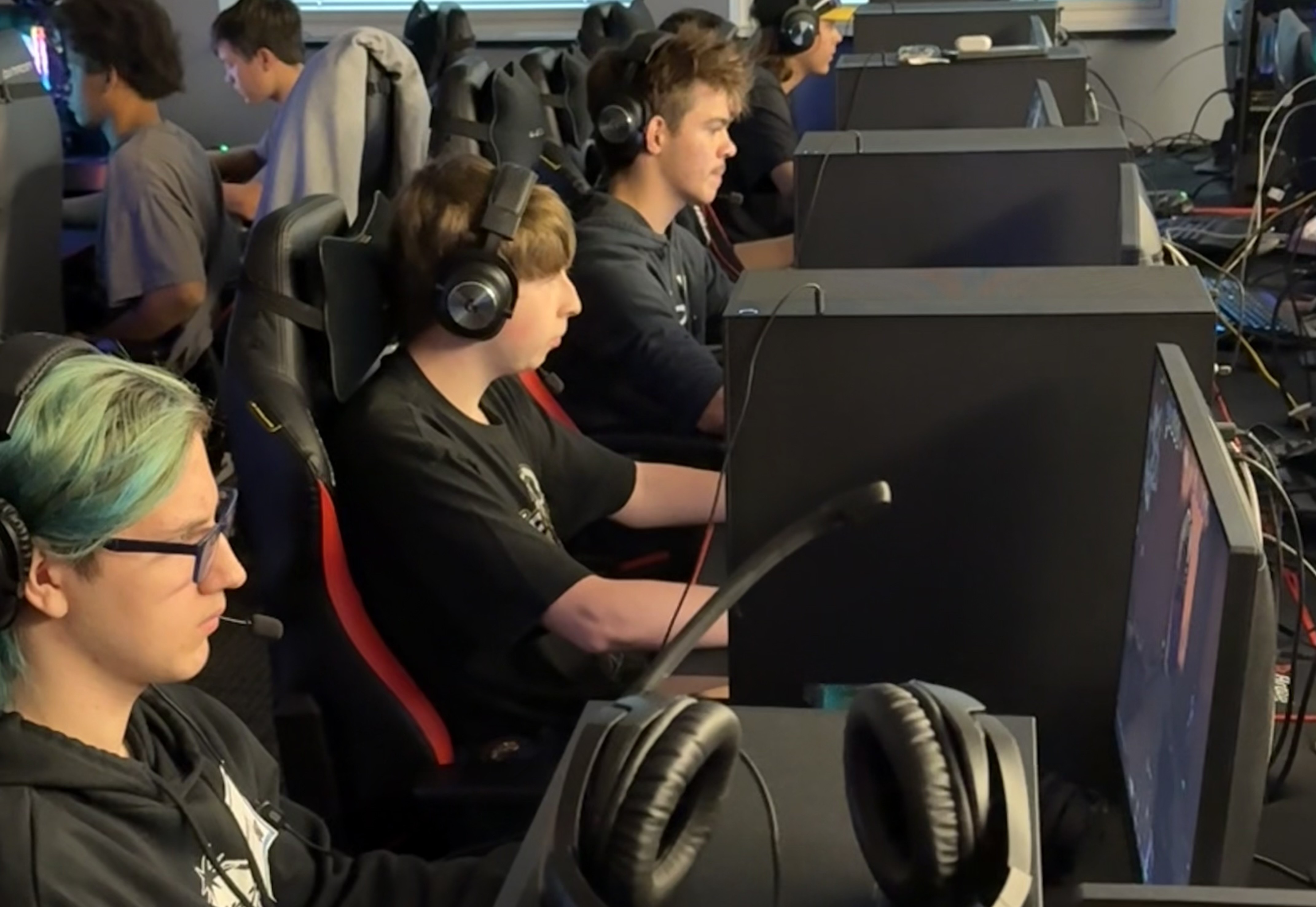Best Drones for Schools
The best drones for schools are here to help your lessons take flight in more ways than one
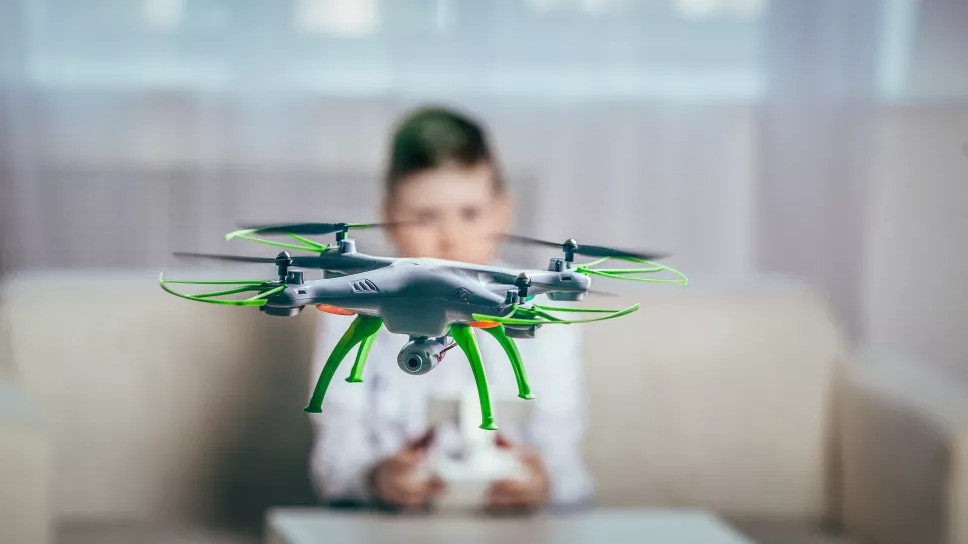
The best drones for schools offer a way to elevate your teaching and student engagement all in one fell swoop. This can mean teaching coding and construction in one potential trip to the skies for your students.
Drones are more affordable and simple to use than ever before. That said, these aerial devices also offer a depth and complexity -- especially when you get into the coding -- which can help teach students of a wide range of ages and abilities.
Crucially, drones are valuable tools for STEM learning, both as a means to help students build their own flying machines but also as a way to work with those creations. Coding can engage students in the virtual world while their built machines show them just how that can translate into a physical world result.
Once the drones are built, the uses can continue with drone racing, video and image shooting, and other real-world projects possible, each also working hand-eye coordination as the drones are piloted.
Below are the very best drones for schools with a variety listed, to suit lots of different teaching needs.
1. Robolink CoDrone Lite Educational: Best drones for schools top pick
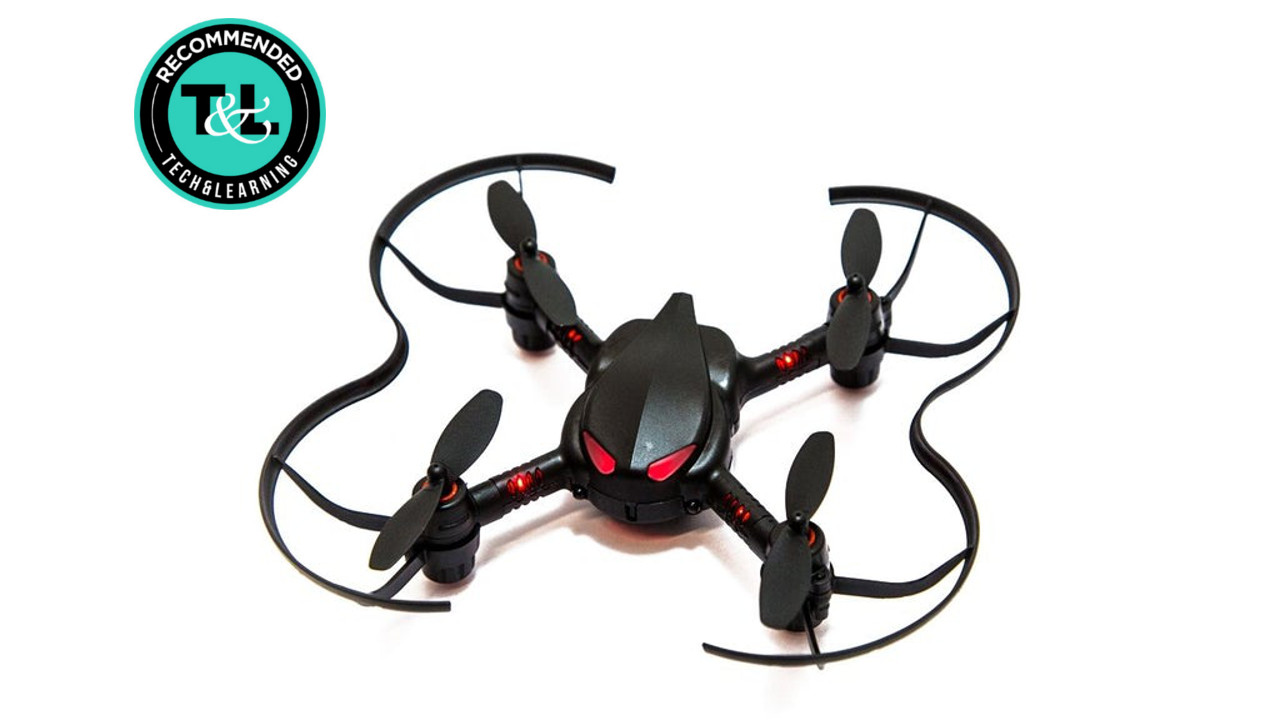
Robolink CoDrone Lite Educational
Our expert review:
Specifications
Reasons to buy
Reasons to avoid
The Robolink CoDrone Lite Educational drone and Pro models are available as stand-alone or as bundles for schools. In either case, these allow students to learn how to physically build the drone as well as how to program it.
Programming is done via an Arduino coding environment, or can be done using Python in the CoDrone Lite setup. The system helps students learn to code with blocking coding in Snap, text-based coding in Python, and coding in Blockly.
The drone itself is small and light, and features auto hovering, infrared sensors for educational games, and a barometer sensor to assist with altitude control. The limited eight-minute flight time isn't ideal, nor the max 160-foot range – but since this is more about building and tinkering than flying, these limits aren't a problem.
2. Ryze DJI Tello EDU: The best camera drone for coding
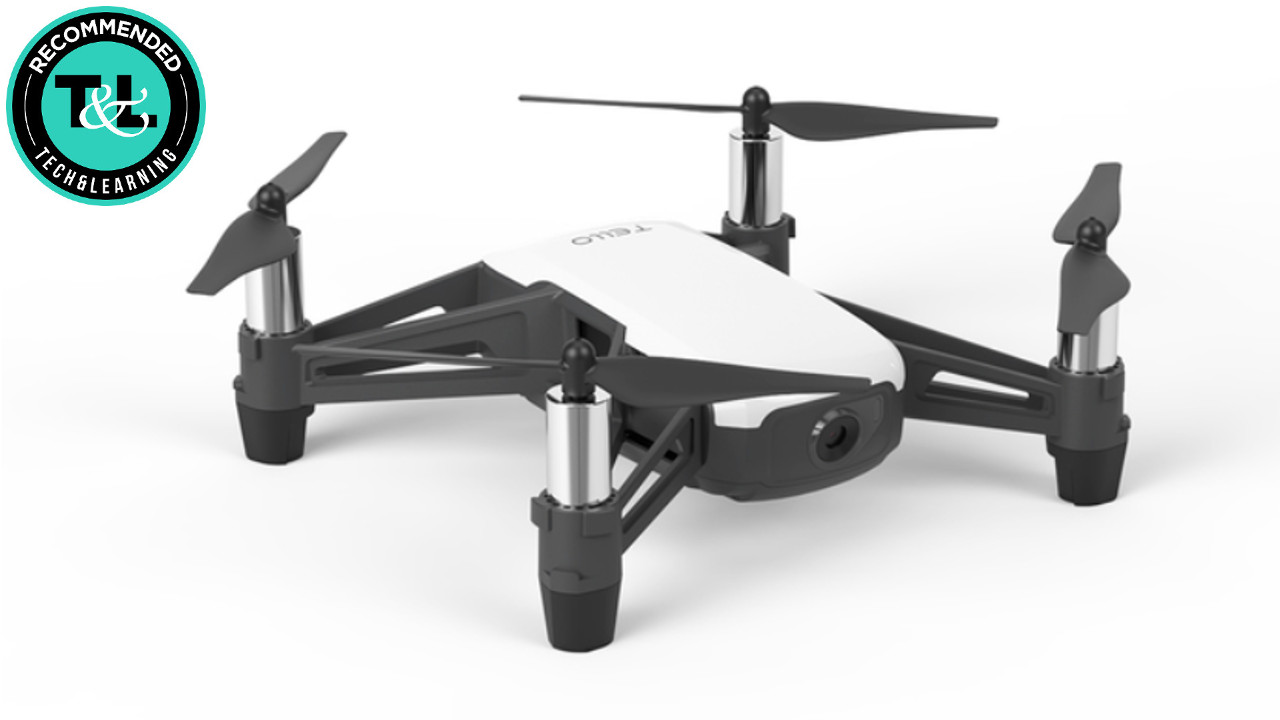
Ryze DJI Tello EDU
Our expert review:
Specifications
Reasons to buy
Reasons to avoid
The Ryze DJI Tello EDU is the result of a team-up between Ryze Robotics and the king of drone manufacturers, DJI. The result is an impressively specced drone for the price, complete with 720p, 30fps camera onboard, object recognition, auto take off and landing, and a failsafe protection system.
You get lots of coding options here with Scratch, Python, and Swift all available. This model also can work with other drones of the same type for a swarm mode so all can "dance" together. Mission pads offer uses as take-off and landing zones. This unit also offers a better-than-most 13 minutes worth of flight time. Plus, you can add a Special Development Kit (SDK) for lots of creative tinkering – ideal for curious and eager bright minds.
3. Sky Viper e1700: Best affordable educational drone
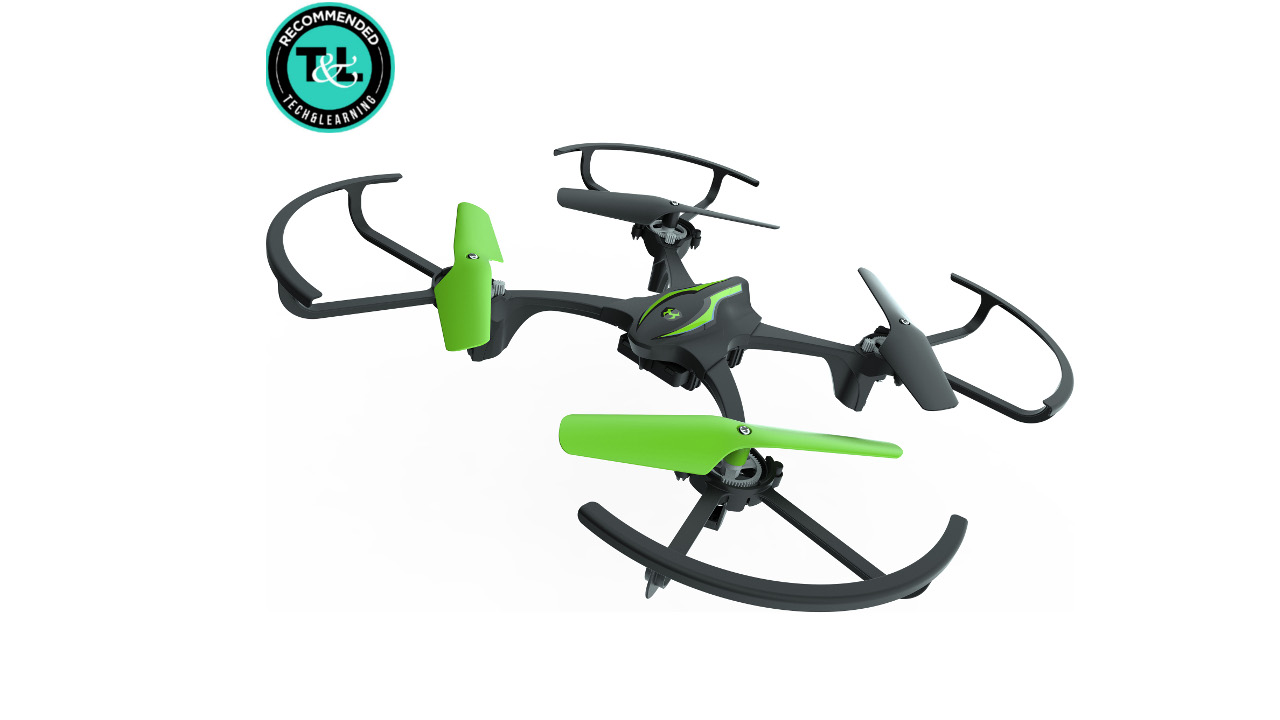
Sky Viper e1700
Our expert review:
Specifications
Reasons to buy
Reasons to avoid
The Sky Viper e1700 is a stunt drone that can be built from its basic parts and programmed to perform tricks. The fact this also flies at up to 25 mph is another feature that helps to make it a lot of fun while remaining educational.
This unit is great for hand-eye coordination as it not only has the usual auto hover flight mode, but features pure manual, which requires a decent amount of skill, concentration, and patience to master. Despite the low price, it comes with lots of parts, including spares, which are great if the unit is going to get a lot of beginner pilots trying to control it manually.
4. Parrot Mambo Fly: Best educational drone for coding options
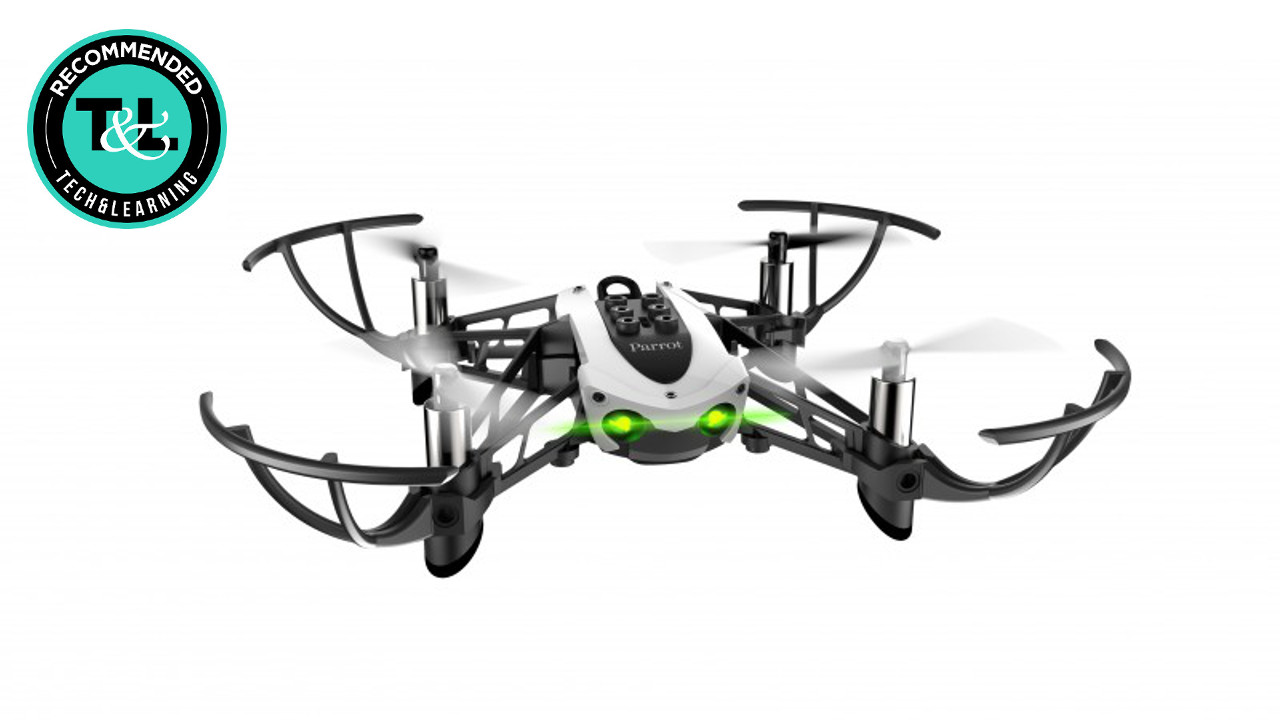
Parrot Mambo Fly
Our expert review:
Specifications
Reasons to buy
Reasons to avoid
The Parrot Mambo Fly is a very compelling drone option as it's made by a well-known drone manufacturer and is modular. This means students can build different drones based on what is attached, from a high-quality 60 fps camera to a cannon or grabber system. While that flexibility creates many options for real-world uses, the programming side is also impressive.
This unit offers some of the most varied programming language options of any drone with Block-Based Tynker and Blockly but also text-based JavaScript, Python, and even support for Apple Swift Playground.
5. Makeblock Airblock: Best modular educational drone
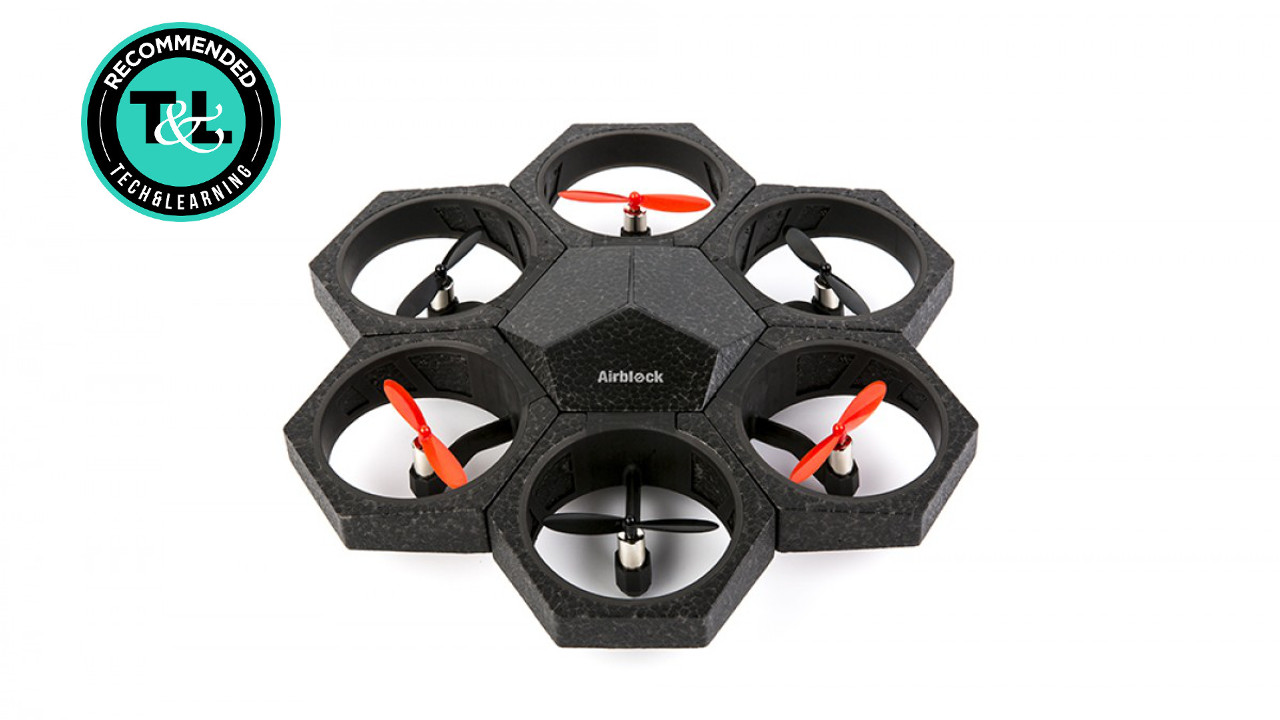
Makeblock Airblock
Our expert review:
Specifications
Reasons to buy
Reasons to avoid
The Makeblock Airblock is a modular drone that consists of one core master unit and six other modules that can be easily attached magnetically. It is designed and built by a STEM learning specialist and, as such, features comprehensive learning options. The Airblock comes with a dedicated mBlock 5 programming platform that features block-based and text-based coding.
The Neuron app, which this comes with, is flow-based programming software that allows students to integrate this drone's actions with other devices such as AI or Internet of Things smart gadgets. All that makes for a very creative and comprehensive learning experience from what is a well-priced drone.
6. BetaFpv FPV Cetus RTF Kit: Best for racing
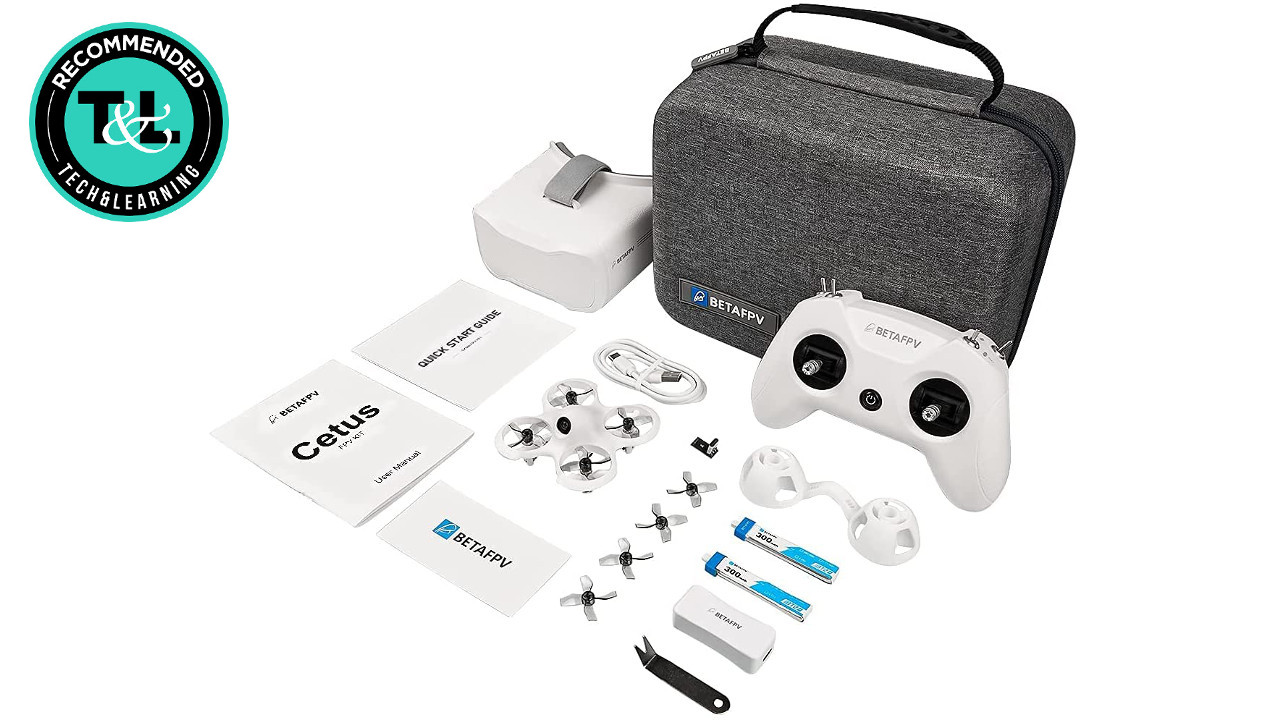
BetaFpv FPV Cetus RTF Kit
Our expert review:
Specifications
Reasons to buy
Reasons to avoid
The BetaFpv FPV Cetus RTF Kit is a great option for students who enjoy gaming. This includes a VR headset that allows the drone to be flown in a first-person view, as if you are onboard during a flight. A super immersive experience that's lots of fun and teaches hand-eye coordination in a unique way.
The battery could be longer with a limited 5-minute flight time, except for the price this gets you FPV hobbyist kit without the usual outlay. You can even play a flying simulator game, using the controller, while the drone itself charges. The addition of an optical flow hover sensor is rare in these sorts of models, which is nice to see and makes this easy and safe to use.
Tools and ideas to transform education. Sign up below.
Luke Edwards is a freelance writer and editor with more than two decades of experience covering tech, science, and health. He writes for many publications covering health tech, software and apps, digital teaching tools, VPNs, TV, audio, smart home, antivirus, broadband, smartphones, cars and much more.
